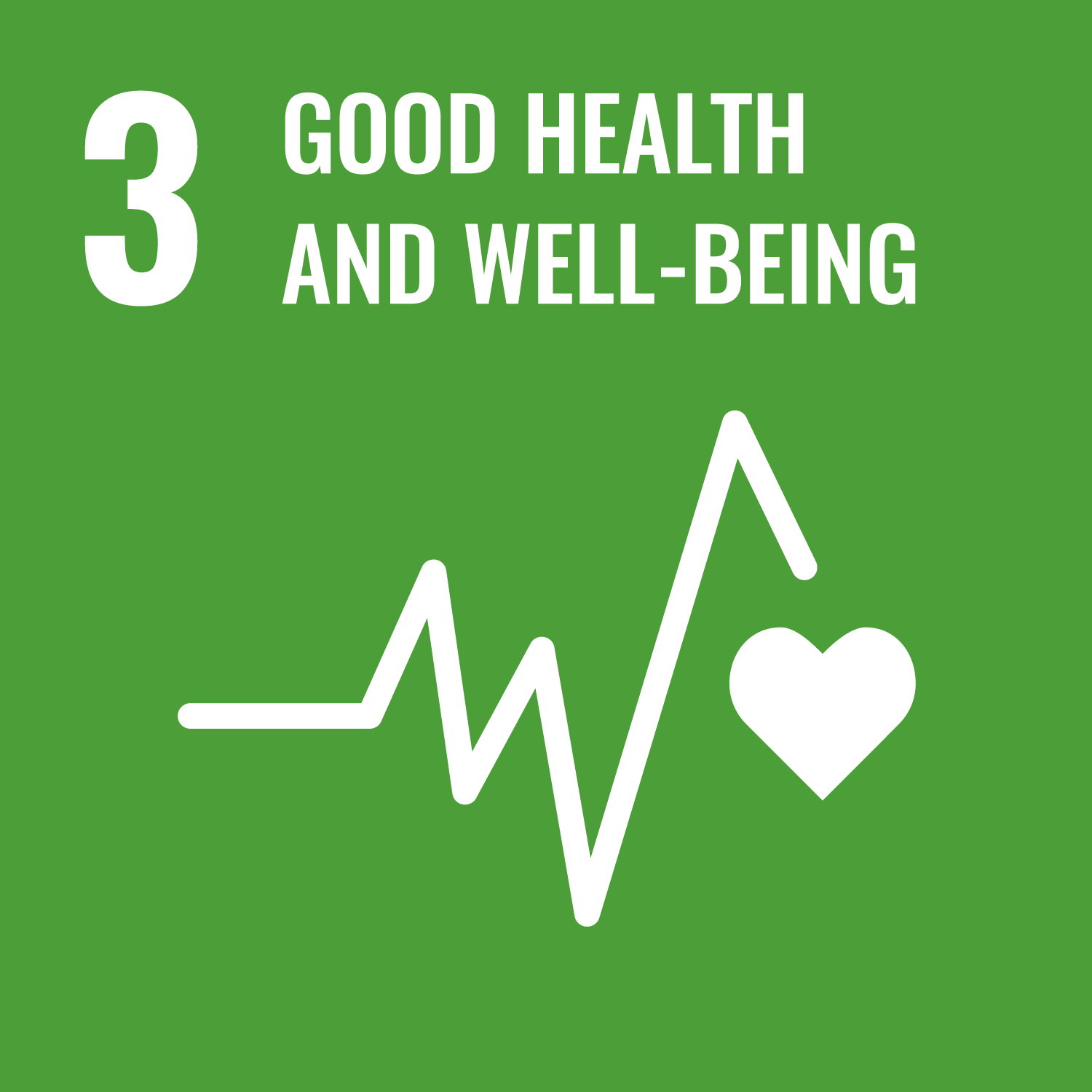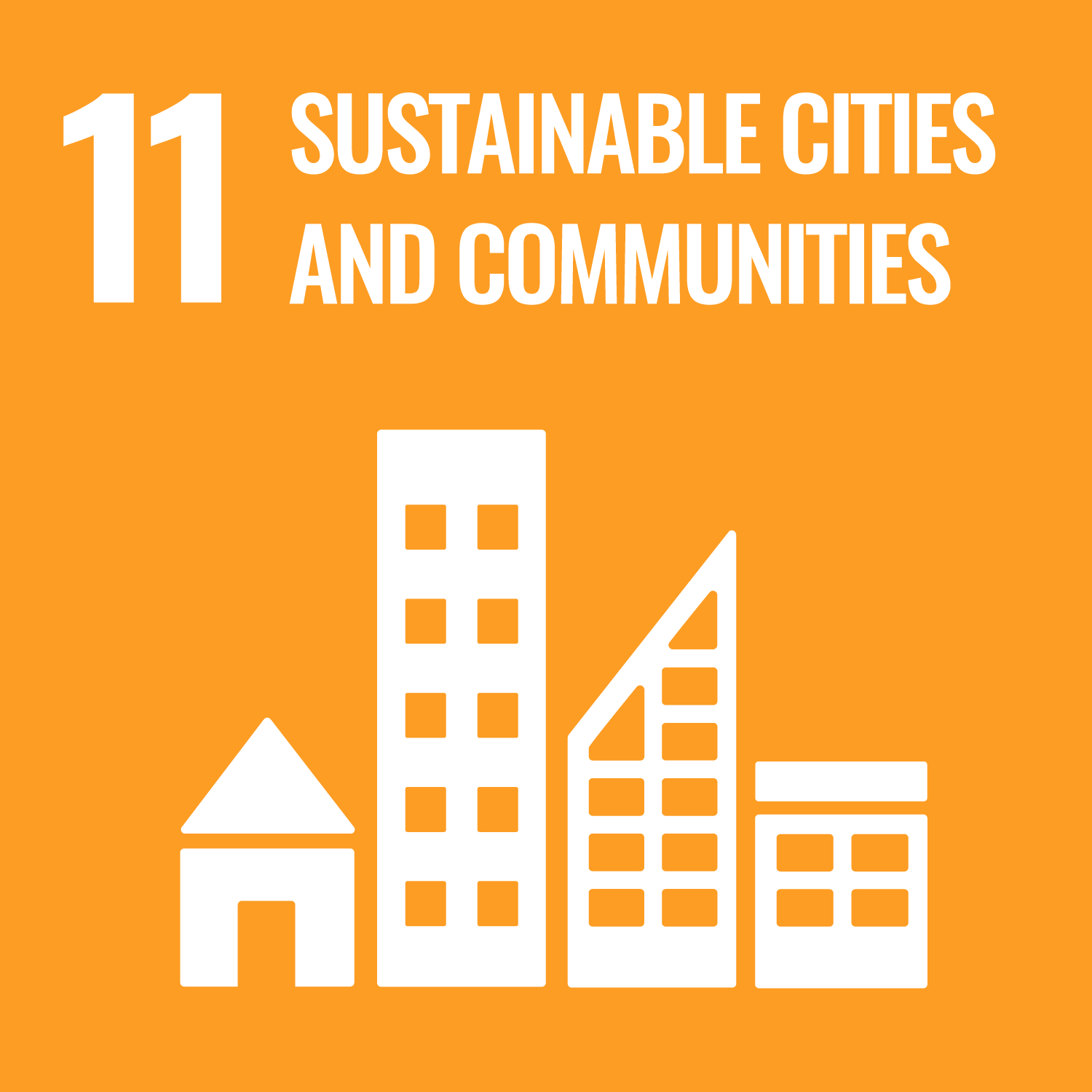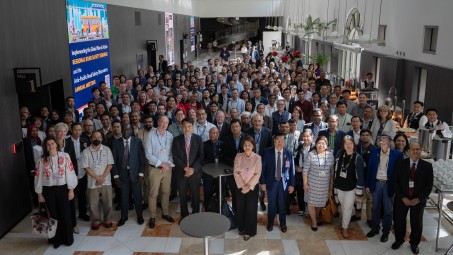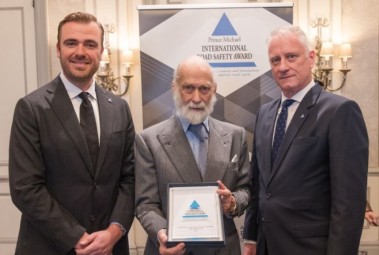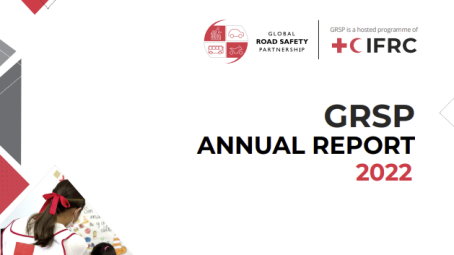Thailand’s first responders plays a vital role in saving lives of crash victims
By Deepa Pasupathy
After a devastating tragedy that left the country inundated in water, emergency response officials in Thailand are facing a harsh reality that their response in terms of pre-hospital care is not yet up to par. The disastrous flash floods that occurred at the end of 2011 submerged over four hundred hospitals, crippling emergency services in the country.
Post tragedy care is a very important element in saving lives. Similarly, in road crashes, pre-hospital care is crucial in ensuring the survival rate of victims. In Thailand, road related deaths are on the rise as there are over ten thousand people who are killed on the roads yearly. With a good pre-hospital care system, these numbers can be reduced.
Speaking at the Global Road Safety Asia seminar, Dr. Witaya Chadbunchachai, a member of the National Board of the Medical Institute of Thailand and the Director of Khon Kaen Hospital, explained that pre-hospital care is relatively new in Thailand. In 1994, a pilot project for pre-hospital care was carried out in a small hospital and due to its success, it was later expanded as a national policy.
In 2009, a national Emergency Medical Services (EMS) law was passed mandating that all patients receive minimum standard care regardless of ethnicity, age, sex, social-economic status or nationality. “Pre-hospital care or post-crash care is a very important infrastructure that we need to develop in Thailand and around the region,” emphasizes Dr. Witaya.

The flooded streets of Bangkruai, a suburb on the ouskirts of Bangkok. People here have been cut off by the flood waters for at least two weeks.
Through the EMS legislation, a National EMS board was formed with a master plan to improve emergency services in the country. As a member of the National Board, Dr. Witaya is responsible for monitoring the implementation of the national master plan, which consists of five strategies: administrative structure, procedure standard of care, financial mechanism, legislation and manpower development.
Today, there are over 14,000 ambulances, 100 helicopters, 1,000 boats and 120,000 trained personnel who are divided into 11,000 teams which respond to emergency situations throughout Thailand. But Witaya strongly believes that pre-hospital care is everyone’s responsibility and that communities don’t need to wait to get expensive, high-tech ambulances or equipment to make a significant impact in delivering pre-hospital care to road crash victims.
Bystanders and village communities with minimal training working together with formal medical providers can deliver effective and sustainable pre-hospital care. A major role is given to the local people who work in villages and sub-districts to collaborate with the health care providers to offer the best in emergency services. The development of the Central Command Centre that responds to the calls of emergencies on the nationwide number ‘1669,’ has been successful in establishing a smoother flow in emergency responses.
Witaya explains that Thailand has come a long way in pre- hospital care and emergency response. Today, there is a standard procedure in EMS that allows victims to receive care before reaching the hospital.
“The earlier a victim receives care, the higher the chances for him to survive,” states Dr. Witaya. Previously, only less than 2 per cent of trauma victims were taken care of by trained ambulance officers. Most victims used to receive first aid from bystanders, which was in adequate. Effective pre-hospital care can save up to 10,000 lives each year; however the system is at its early stages in the country.
Dr. Witaya believes that pre-hospital care should be practiced regularly regardless of the extent of the crisis. “The message was clear during the recent flash floods – that to respond to any disaster, preparation is essential. If pre-hospital care systems cannot function effectively on a day-to-day basis, the system will surely fail in any disaster.”
Having many roles to play to help people in tragedy, Dr. Witaya was happy to meet like-minded people at the annual Global Road Safety Partnership Asia Seminar and share his efforts in pre-hospital care. “This seminar opens many doors to people around the region and by sharing ideas, many lives can be saved,” he affirmed.
Deepa Pasupathy is a writer who works for Innovate Solutions Systems in Kuala Lumpur, Malaysia
